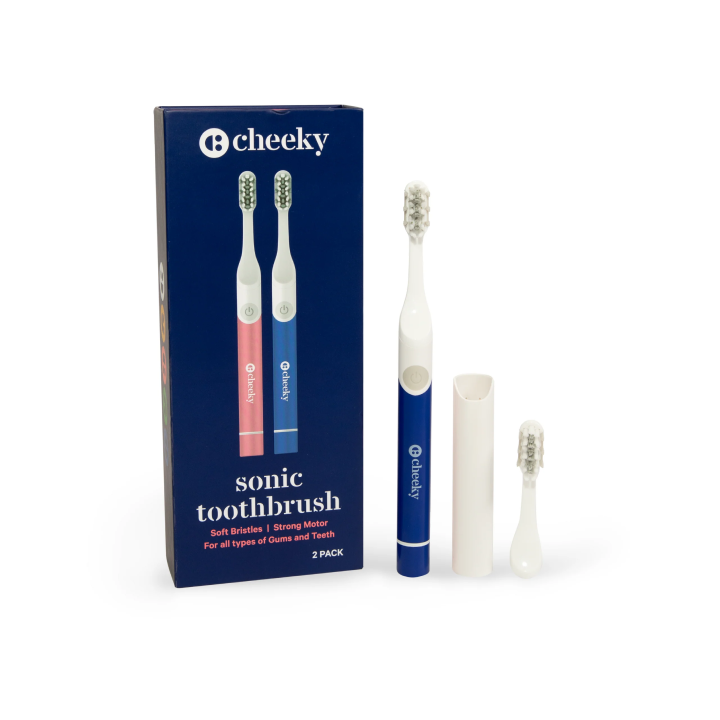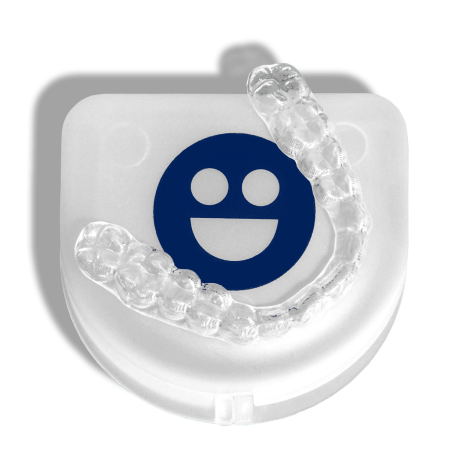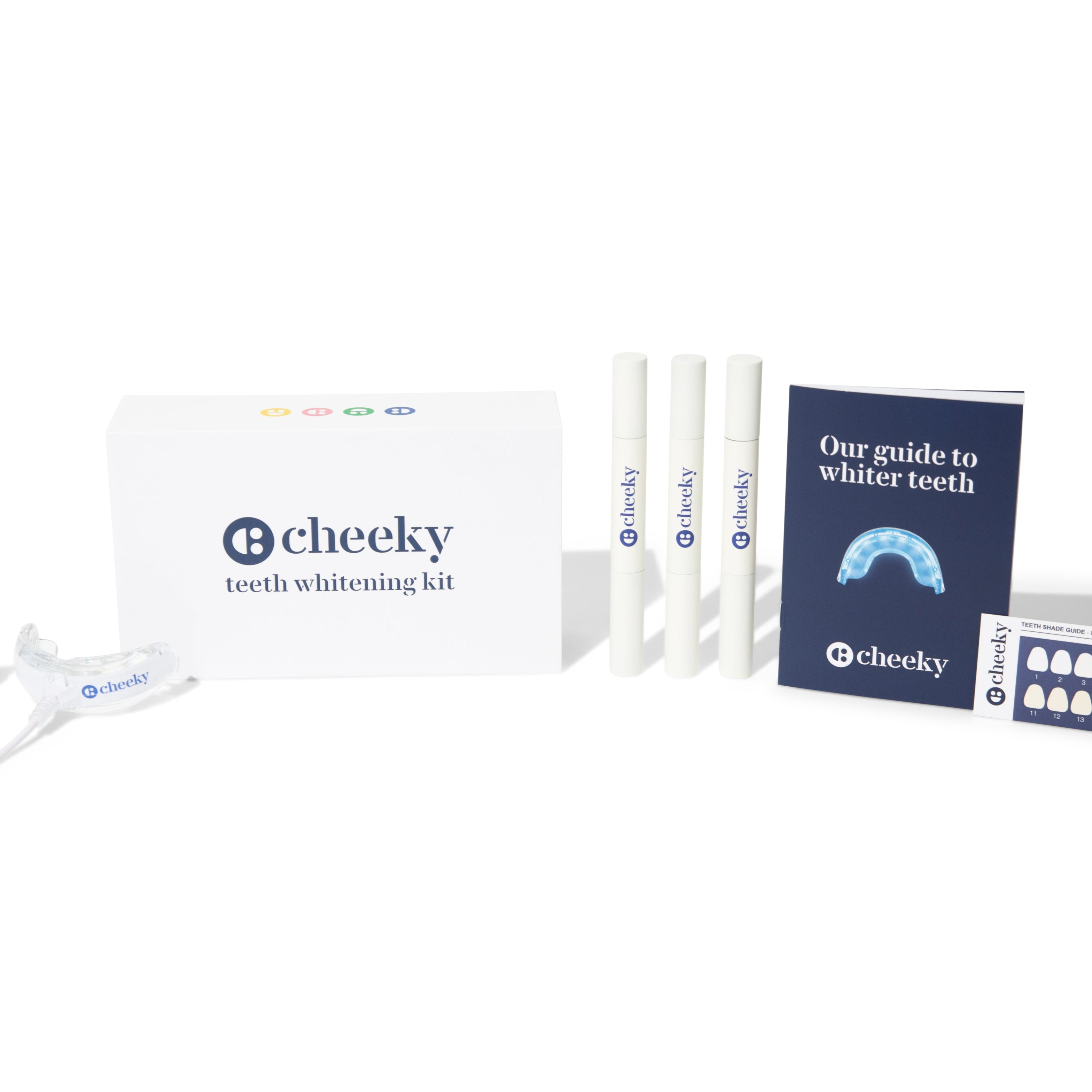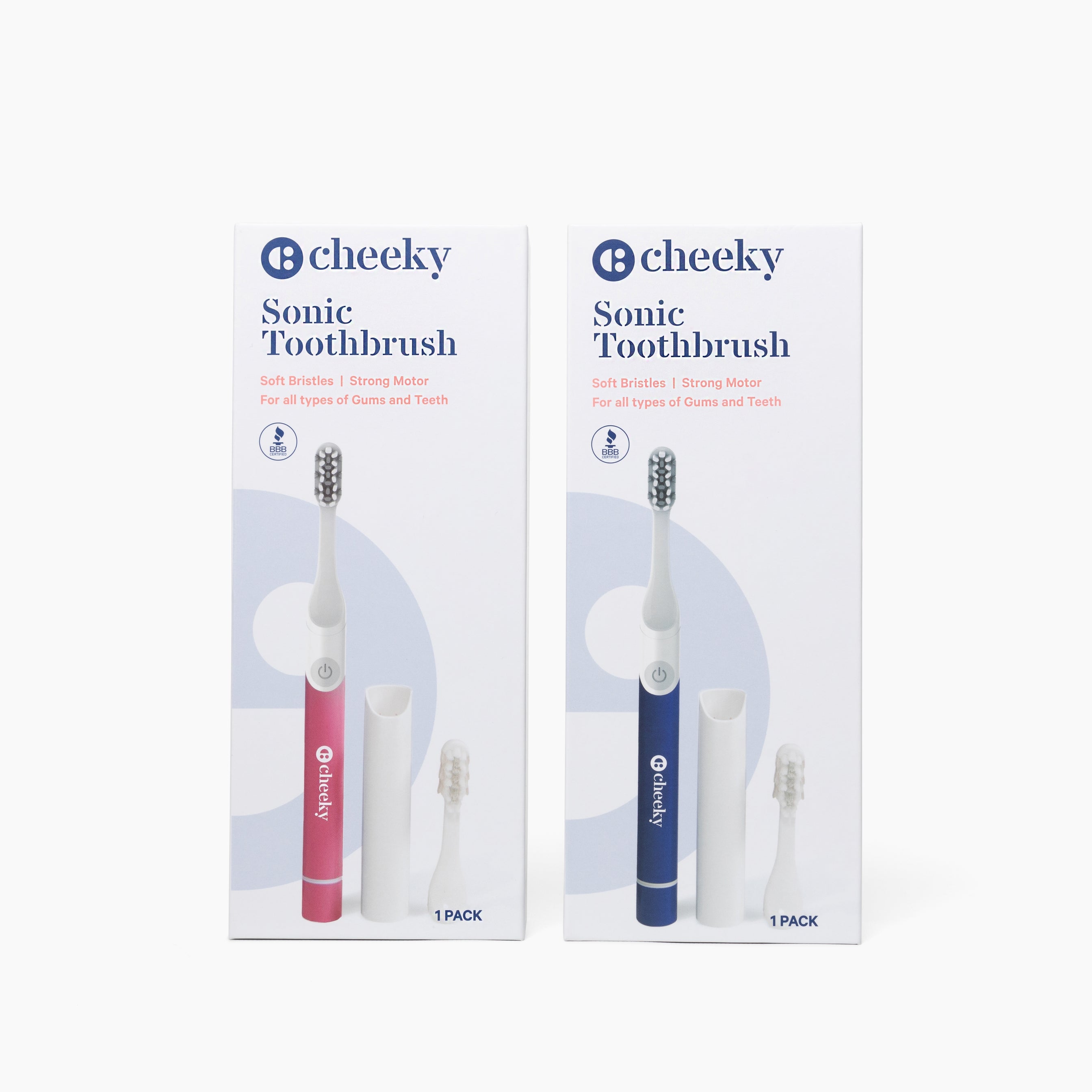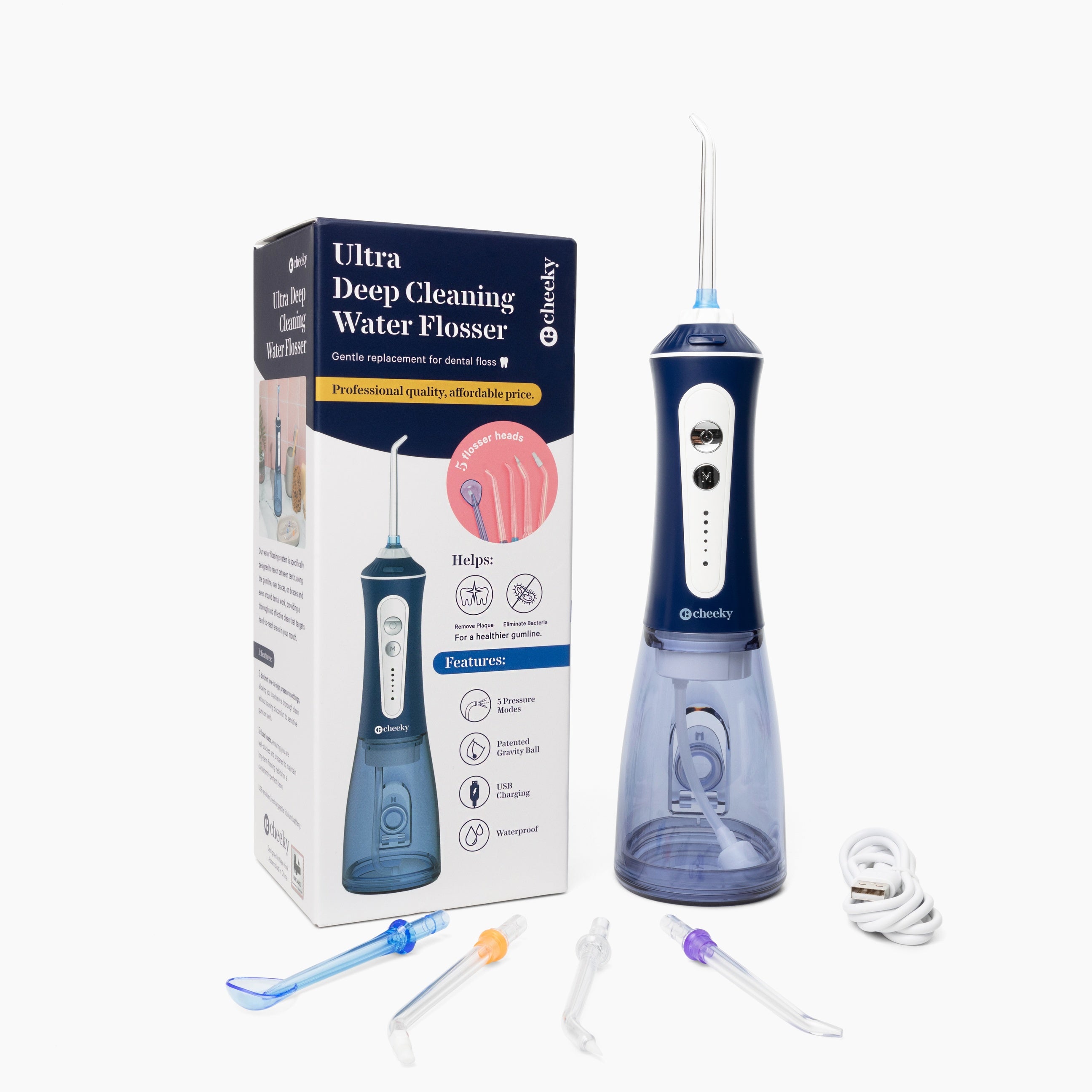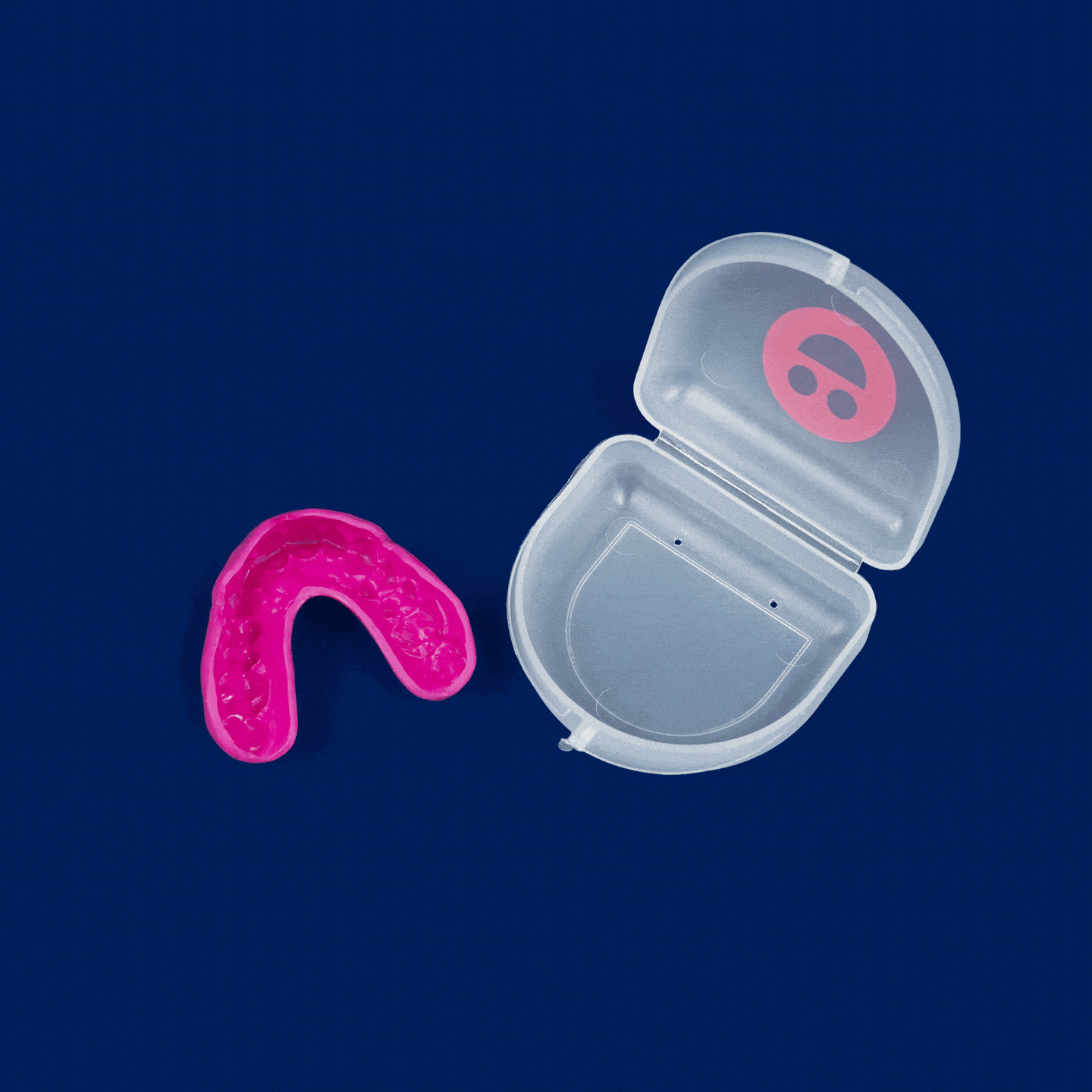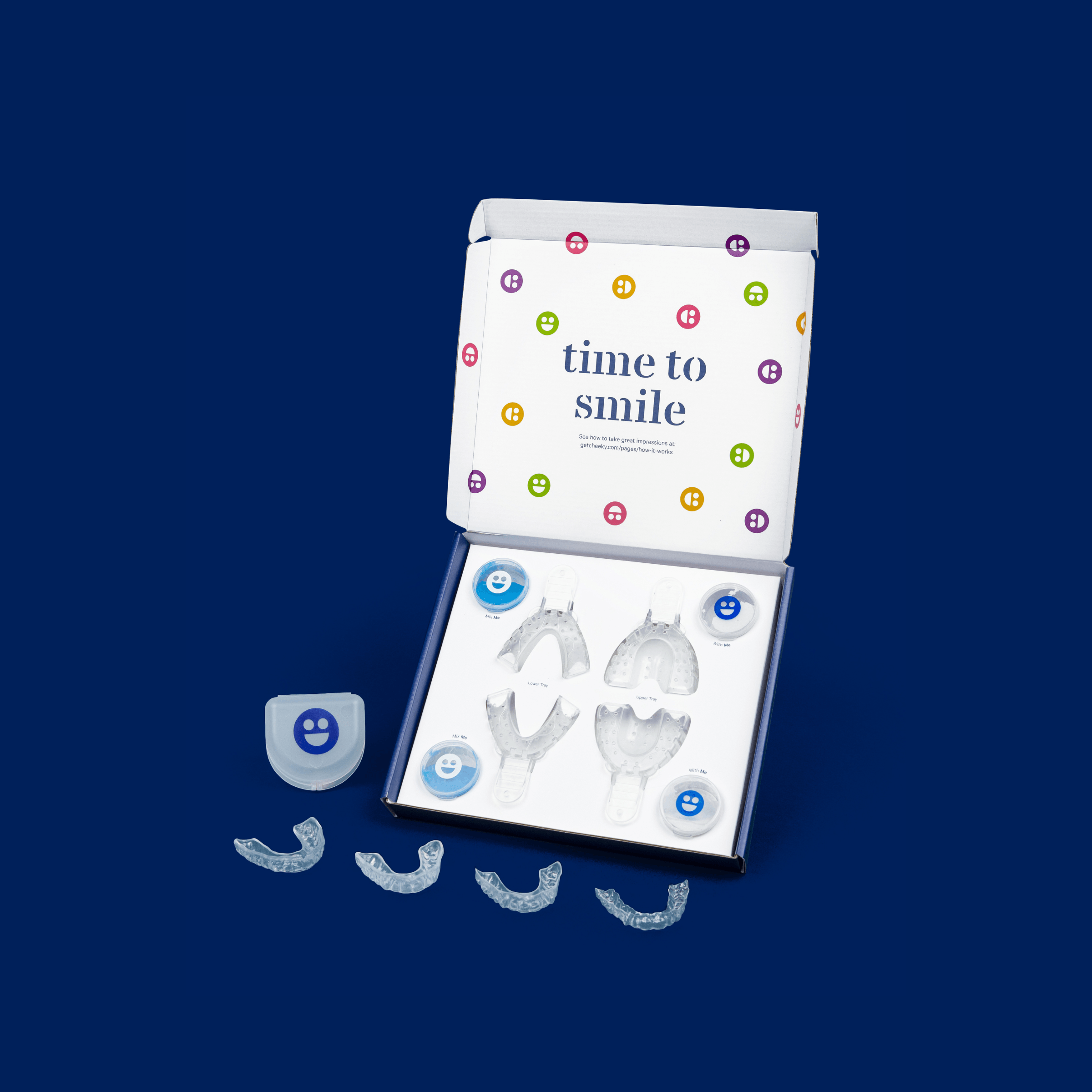Alcohol can make some of the biggest life celebrations more fun and exciting. You may enjoy dropping in for happy hour drinks once or twice a week with friends. Perhaps alcohol plays an even bigger role in your life as a tool for relaxation at the end of a long day. Regardless of how often you enjoy that glass of wine or a good margarita, it’s important to keep the proven connection between alcohol and teeth grinding in mind.
Why Worry About Teeth Grinding?
Also referred to as bruxism, teeth grinding is one of the most common oral health complaints. It occurs when your top and bottom teeth grind together, often leading to a sore jaw and tooth sensitivity or pain. Frequent teeth grinding and clenching can also lead to flattened teeth, and you may even end up with a loose, broken, or chipped tooth.
The Alcohol and Teeth Grinding Connection
You may not think much about how alcohol impacts your jaw or overall oral health, but researchers have found a clear link. One cross-sectional comparative study published in the Journal of Clinical and Diagnostic Research found that patients with a diagnosed alcohol dependency were more likely to experience dental caries, periodontitis, and mucosal lesions than those not dependent on alcohol.
Another study published in the Journal of the American Dental Association found a positive correlation between alcohol use and bruxism. The study also found a connection between teeth grinding and the consumption of caffeine and tobacco.
Does Alcohol Cause Teeth Grinding?
While there is a clear connection between alcohol and bruxism, it isn’t known where the finger points in terms of causation. It’s possible that drinking alcohol somehow causes teeth grinding, but it’s also possible that alcohol consumption intensifies bruxism that is already present without causing the condition.
When to Worry About Alcohol and Bruxism
If you notice that you have a sore jaw or more tooth pain and sensitivity than usual after drinking alcohol, it’s safe to assume a connection. You may also worry about the connection between these conditions if you consume alcohol frequently or have a diagnosed dependency. Your risk for bruxism as well as TMD/TMJ and even sleep apnea may increase if you enjoy alcohol frequently and also consume a lot of caffeine and/or smoke cigarettes.
How to Manage Alcohol and Bruxism
Working with a dental professional is the first step to diagnosing bruxism and determining the extent of existing damage from teeth grinding and clenching. Your dentist is likely to recommend a night guard that provides a barrier between upper and lower teeth while you sleep. You may also discuss wearing a mouth guard in other situations that leave you vulnerable to clenching or grinding your teeth.
The more insight you can provide into your teeth-grinding habit, the more your dentist can customize a treatment that matches your lifestyle. You can use a custom night guard that is fitted to your mouth for maximum comfort and protection.
You don’t have to leave your teeth vulnerable to damage. Contact us today to schedule your appointment with a knowledgeable dental practitioner.
The Easy Way to Take Care of Bruxism and TMD
Cheeky makes it easy and affordable to say sayonara to the pain and tension accompanying TMD and bruxism. Never deal with gross night guards again! Our custom nightguards will give you the best night of sleep you’ve had in months.
Pick your plan and customize your nightguard with Cheeky today.


